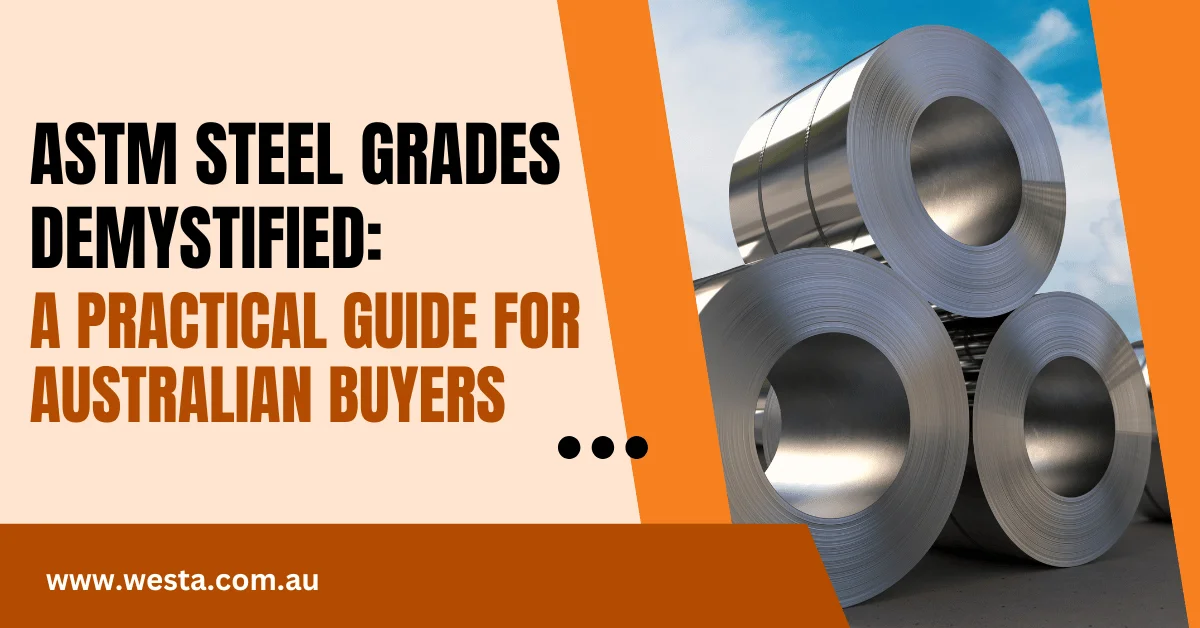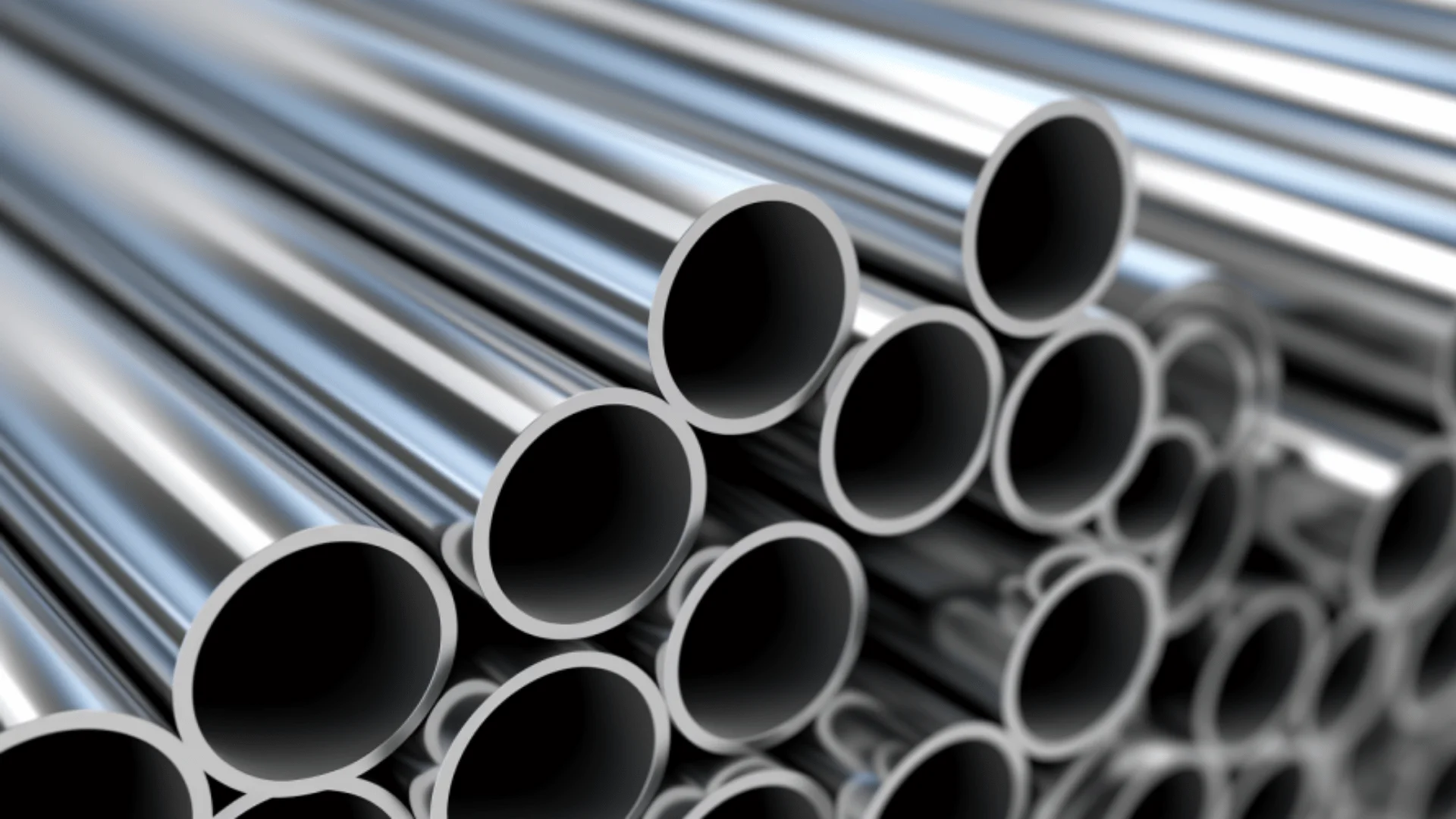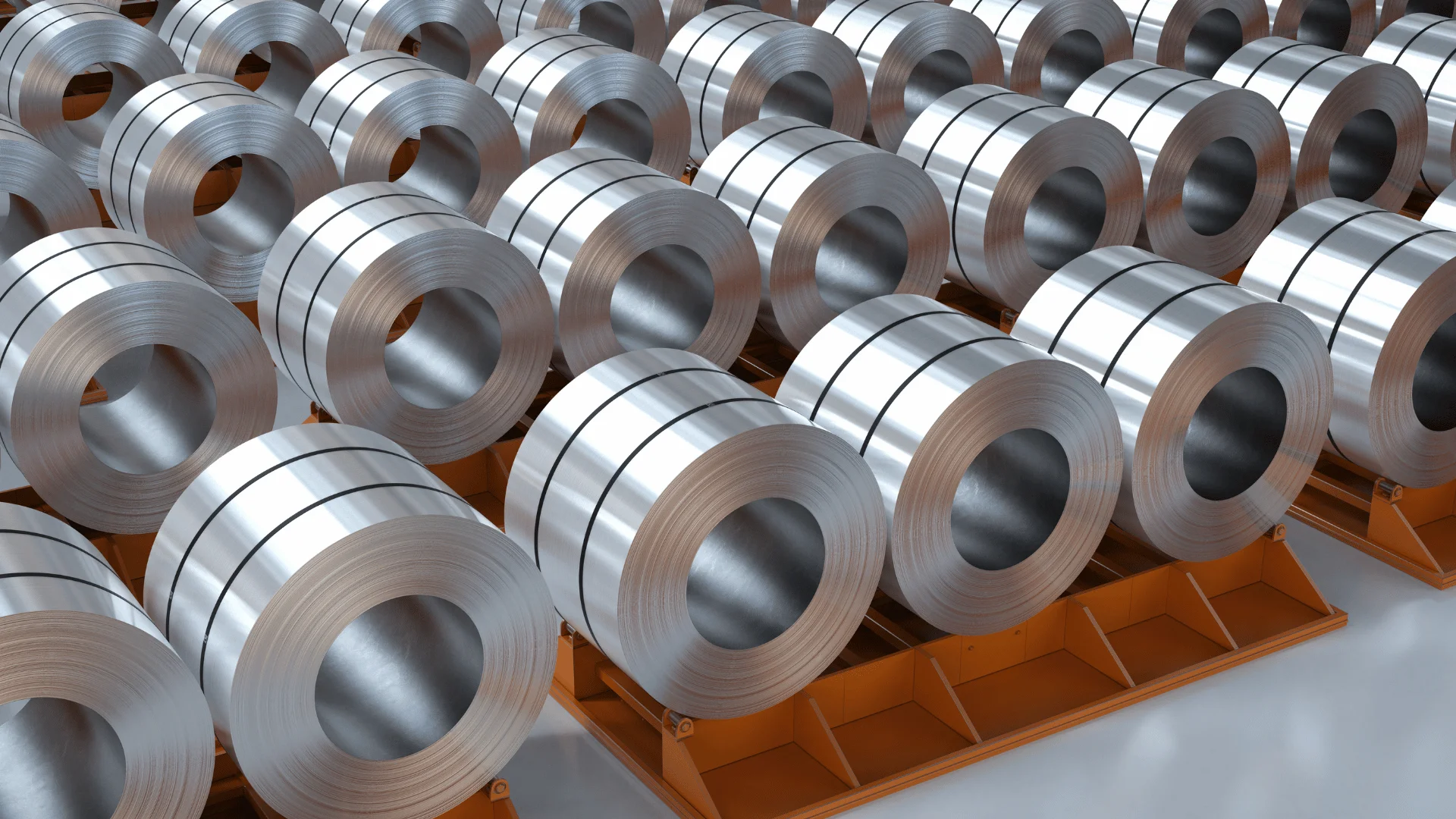We Offer Revolution Of Industrial Engineering
More Information
+91 9911757222
+91 9911757222

The world of ASTM steel specifications can feel like learning a foreign language. During a recent procurement training session, I asked attendees to explain the difference between A36 and A572 Grade 50. Despite ordering these materials regularly, most couldn’t articulate the key differences that impact performance.
This knowledge gap leads to over-specification (wasting money) or under-specification (creating safety risks). Let’s cut through the confusion with practical explanations of the most common ASTM steel grades and when to use each one:


ASTM A36: The Versatile Workhorse
A36 remains the most commonly specified structural steel in Australia, and for good reason:
Yield strength of 250 MPa (36 ksi) minimum
Excellent weldability and formability
Cost-effective for general construction applications
Available in virtually all product forms (plate, bar, shapes)
Suitable for most non-critical structural applications
ASTM A572: When Strength Matters
A572 comes in various grades (42, 50, 55, 60, and 65), with Grade 50 being the most common:
Grade 50 offers 345 MPa (50 ksi) minimum yield strength
Approximately 40% stronger than A36
Allows for lighter structural members
Maintains good weldability and fabrication characteristics
Cost-effective for applications where weight reduction justifies premium
ASTM A516: Pressure Vessel Applications
A516 is specifically formulated for pressure-containing applications:
Available in grades 55, 60, 65, and 70
Excellent notch toughness at lower temperatures
Controlled chemistry for pressure vessel requirements
Good weldability with proper procedures
Typically requires impact testing for critical applications
At Westa, we maintain extensive inventory of these and other ASTM steel grades to support Australian industry. Our metallurgical expertise allows us to help clients select the optimal grade for their specific application, considering factors beyond basic strength requirements.
What separates our approach is our understanding of how material selection impacts the entire manufacturing process. We consider not just mechanical properties, but also fabrication requirements, service conditions, and long-term maintenance implications. This holistic perspective often leads to recommendations that improve overall project outcomes while optimizing material costs.
Our commitment to quality extends throughout our supply chain, with comprehensive material certification, traceability, and testing available for all ASTM steel products. This documentation is increasingly important for critical applications where material verification is required for regulatory compliance or risk management purposes.
For specialized applications requiring unusual sizes or modified chemistries, our global sourcing network allows us to locate and supply even the most challenging ASTM steel requirements. Our technical team can work with mills to develop custom solutions when standard offerings don’t meet your specific needs.
Contact Westa today to discuss your ASTM steel requirements and benefit from our materials expertise

WESTA Global
25 FINANCE PLACE MALAGA , WA 6090
83-84, DDA Market, J Block,
Vikaspuri, New Delhi 110018
+91 9911757222
hellowesta@gmail.com
teamtradesate@gmail.com
+61 433 560 490
TRADESATE Pvt. Ltd.
B11/226, Sri Hargobindpur, Punjab 143515
Copyright © 2024 WestaGlobal.